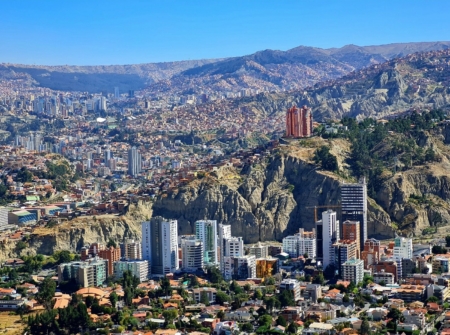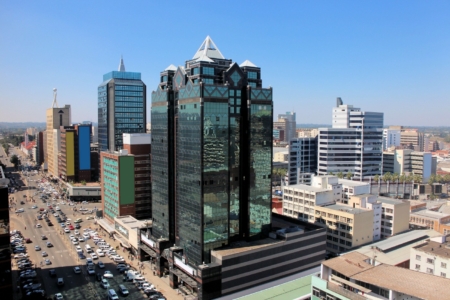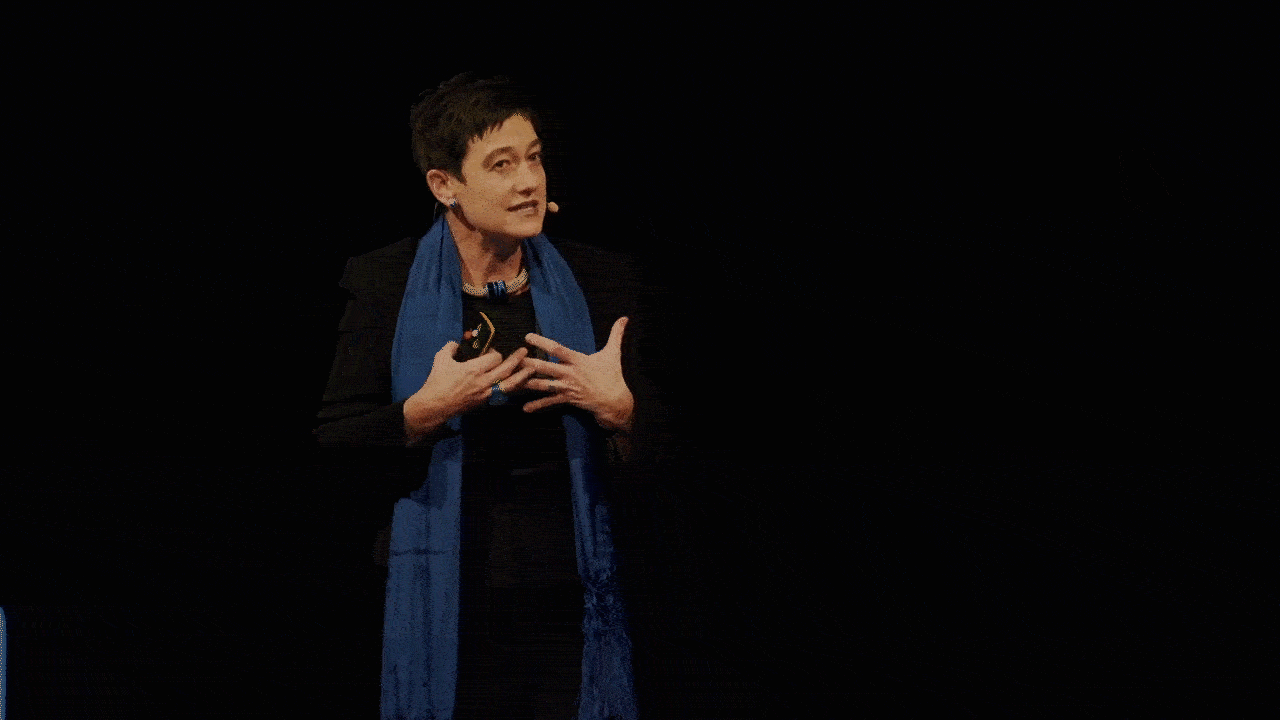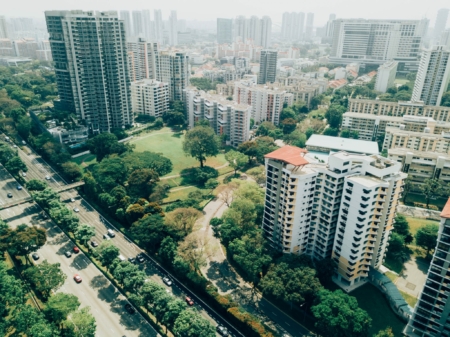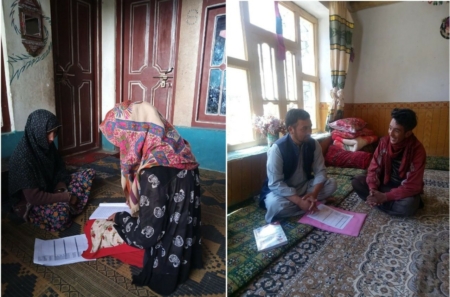Getting cities unstuck
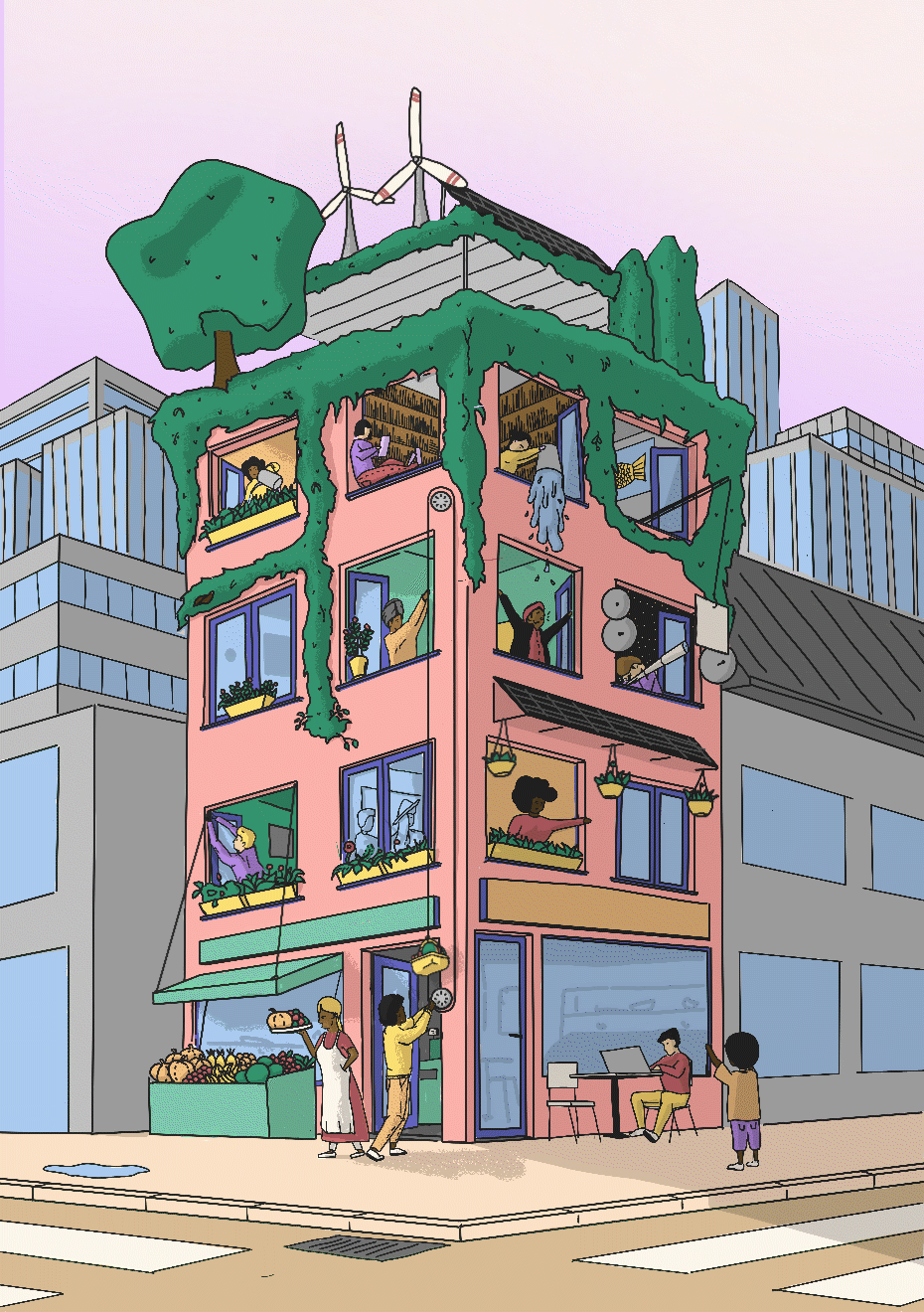
Illustration by Matej Klíč
 1. Why do we need to embrace uncertainty in cities?
1. Why do we need to embrace uncertainty in cities?
“City” is an extremely general term. A city in South America looks very different to one in Western Europe or Central Africa, for example. But all cities have something in common; they are complex living systems of production and exchange, which work as dynamic networks with many interdependencies. So when we talk about cities, we talk also about unemployment, extreme heat, urban poverty, depopulation, informal markets, and more. Humankind has had many lessons that prove things rarely work out as we expect. So rather than continue trying to plan things out, we should instead embrace uncertainty in order to make cities more resilient.
 2. One key initiative to follow
2. One key initiative to follow
If you want to see examples of how to approach urban transformation differently, follow the activities of this initiative.
🟢 UNDP’s seeks to make sense of and address complex issues playing out in cities – including the impact of migration, climate change, and inequality – by working at the intersection of innovative methods and technologies. Up to ten partner cities across the region are developing a portfolio of experiments in response to cross-cutting challenges shared all throughout the region and beyond. CEF provides them with catalytic funding that de-risks investment in experimentation, and supports them with the tools and processes they need in order to prepare for the future.
 3. Around the world
3. Around the world
What's our experience with supporting an inclusive and sustainable transformation of cities? Read about the UNDP's interventions in these different parts of the world.
 4. Become familiar with system and portfolio practice
4. Become familiar with system and portfolio practice
Understand the system-level changes that won’t be possible in the immediate future, and why that’s so.
 5. Let's think together
5. Let's think together
To get deeper into the topic, think about the most essential questions and read further content on the subject – both for those who have just started to explore the topic and those who would like to dive deeper.
Four crucial questions to think about
The term “urban transformation” or “the future of cities” covers a lot of things. We’ve selected the most crucial questions that we collectively need to think about when talking about “unstucking cities”.
- What are the emerging risks that our cities are blind to?
- Can we understand how climate change, inequality and migration interact with each other, and how it impacts cities?
- Where are the strategic points of intervention within complex systems that will help us address current challenges as they play out in our cities?
- How can we employ tools of inclusive innovation to meaningfully address the current challenges?
- How can we make cities resilient? How will individual cities be able to recover, adapt, react to continuously changing conditions (climate, economy, political regimes, war, etc.)?
 6. What to read / watch / listen
6. What to read / watch / listen
| Beginners | Advanced |
| 📰 Magazine: Desired Landscapes A pocket-sized magazine delving into a diverse mix of city and urban observations. | 🎙️ Podcast: The political will to transform a city A podcast with Yvonne Aki-Sawyerr, Mayor of Freetown – Sierra Leone’s capital, about the city’s ambitious goals, how the tough political decisions behind them were made, and what the Covid-19 pandemic has done to the city’s transformation plan. |
| 🎙️ Podcast: Monocle 24 – The Urbanist Interviews with city mayors, urban planners and architects about making better cities. | 📚 Book: Cities for a Small Planet A bible for many architects. Across the world, from the isolated, gated communities within Houston and Los Angeles to the millions of residents of Mumbai living in squalor, “the city” has failed to serve its ideal functions as the cradle of civilisation, the engine of culture and the inspiration for community and citizenship. Sir Richard Rogers, one of the world’s leading architects, demonstrates how future cities could provide the springboard for restoring humanity’s harmony with its environment. |
| 🎥 Movie: The Human Scale Professor Jan Gehl has studied human behaviour in cities for 40 years. His insights about the relationship and interactions between cities and people are discussed by thinkers, architects and urban planners in order to find out how to come back to human-first city planning. | 🌐 Global platform: Resilient Cities Network The Resilient Cities Network builds on the legacy of the 100 Resilient Cities initiative. The aim is to deliver urban resilience through knowledge sharing, collaboration and collective action, seeking to inspire, foster and build resilience around the world. |
| 📚 Book: Living in the Endless City A great overview and nice visualisation of the most important global data and its correlation with the sustainability of cities. Living in the Endless City is a close look at the issues that affect cities, and thus people around the world, in the twenty-first century. | 📚 Book: Recoded City Recoded City is a collection of projects that examine alternative urban design, planning and architecture. It elaborates on a new “epoch in the relationship between cities and civil society by presenting an emerging range of collaborative solutions and distributed governance models.” |
| 📚 Book: Small Change Nabeel Hamdi is a specialist in housing, shelter and settlement, slum upgrading, and in participatory planning and design. Read about the nimble solutions that can have a significant impact. | 📚 Book: Ecological Urbanism An ecological approach is needed both as a remedy for the contemporary city, but also as an organising principle for new cities. Ecological urbanism approaches the city with a “world view that is fluid in scale and disciplinary approach.” Design also has a key role when it connects ecology with an urbanism that is not in contradiction with its environment. |
| 💬 TED talk: Doughnut Economics by Kate Raworth Oxford economist Kate Raworth says that a healthy economy should be designed to thrive, not grow to work within the planet's ecological limits. Watch her eye-opening 2018 (but still very relevant) TED talk, or learn more about Raworth's ideas from her website. | ❔ Free manual: How to design a fair shared city An illustrated downloadable manual that includes concrete steps for gender-sensitive urban planning. |
 7. For deeper learning
7. For deeper learning
A list of webinars, lectures, discussions and reports for anyone who is dealing with the topic of city transformation and related issues on a daily basis.
 8. Radical observations
8. Radical observations
Methods, ideas and discoveries that can shape how we think about urban transformation anywhere in the world.



